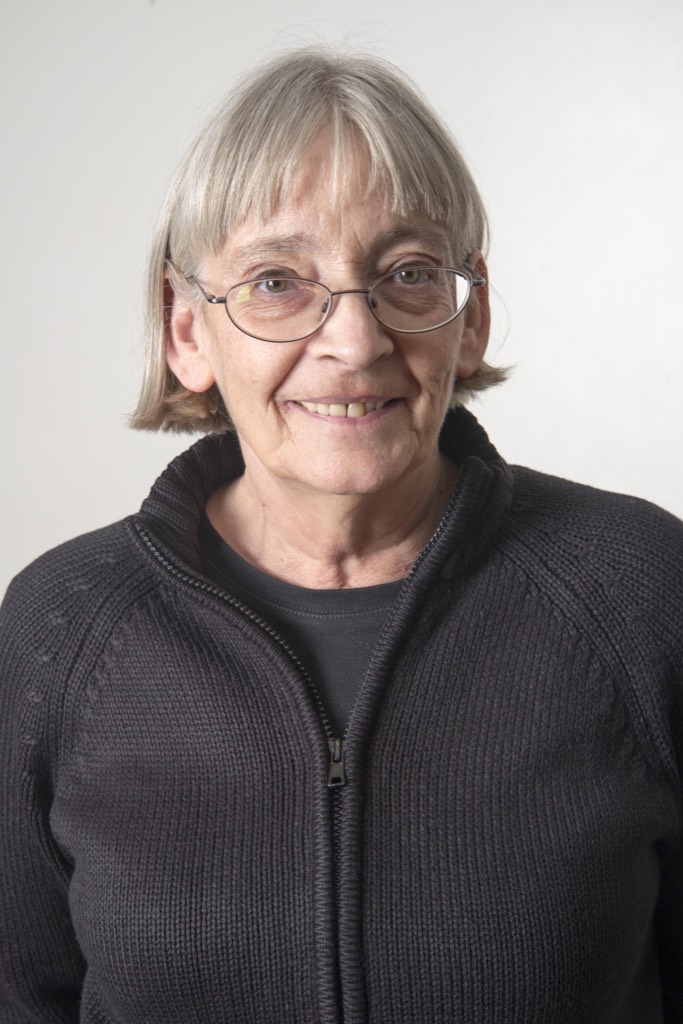Jean Milloy
I think they [reading centre students] were aware of, of debates, around history for instance, and, and people’s history being hidden. And I think, people often had firm opinions. I mean, I remember working with students in the Reading Centre who had had the sort of education in the Caribbean that was sent out from England. So they’d been reading Wordsworth, about, you know, the daffodils. What’s a daffodil? And they, [laughs] they were sent pictures of daffs.
Snow. [laughs]
Exactly. Exactly. And that, I mean that was all fascinating. And it all became part of talking, and thinking about, you know, why were people having to come to classes, why were mature adults, who were perfectly in control of their lives, why were they having to come to classes to learn to read? And why were children coming out of school, now, or then, not being able to read adequately? So that, all that discussion, I mean that was a big thing really. And it involved students, teachers, everybody.
Jean Milloy worked at Centerprise in several roles between 1978 and 1990, first joining the collective to work in the bookshop, later teaching literacy and numeracy in Hackney Reading Centre. She had studied English, adamant that she would not enter the teaching profession, little imagining that she would eventually become an adult education tutor.
Jean’s interview gives insight into the many areas of Centerprise she experienced. In the advice centre, we hear about the part class played in the battles with bureaucracy; in publishing, she discusses her part in editing Alice Linton’s autobiography Not Expecting Miracles. We learn of the debate in education regarding the use of standard English in adult literacy as she recounts her work with author and student Isaac Gordon on his book It Can Happen. She recalls educational visits organised by the Reading Centre, the most memorable being to Greenham Common, remarking that, the students ‘weren’t at all anybody’s stereotype of [who went to] Greenham Common.’ She reflected on Centerprise as important in giving people ‘a political sense in their working lives’, and describes the considerable impact Centerprise had on the lives of both the workers and users of the Centre. She talks about how adult education has changed; there is more accountability and emphasis on testing now, but she fears literacy students remain left behind. After Centerprise she continued working in adult education and taught numeracy.
Interviewed by Judy Joseph




